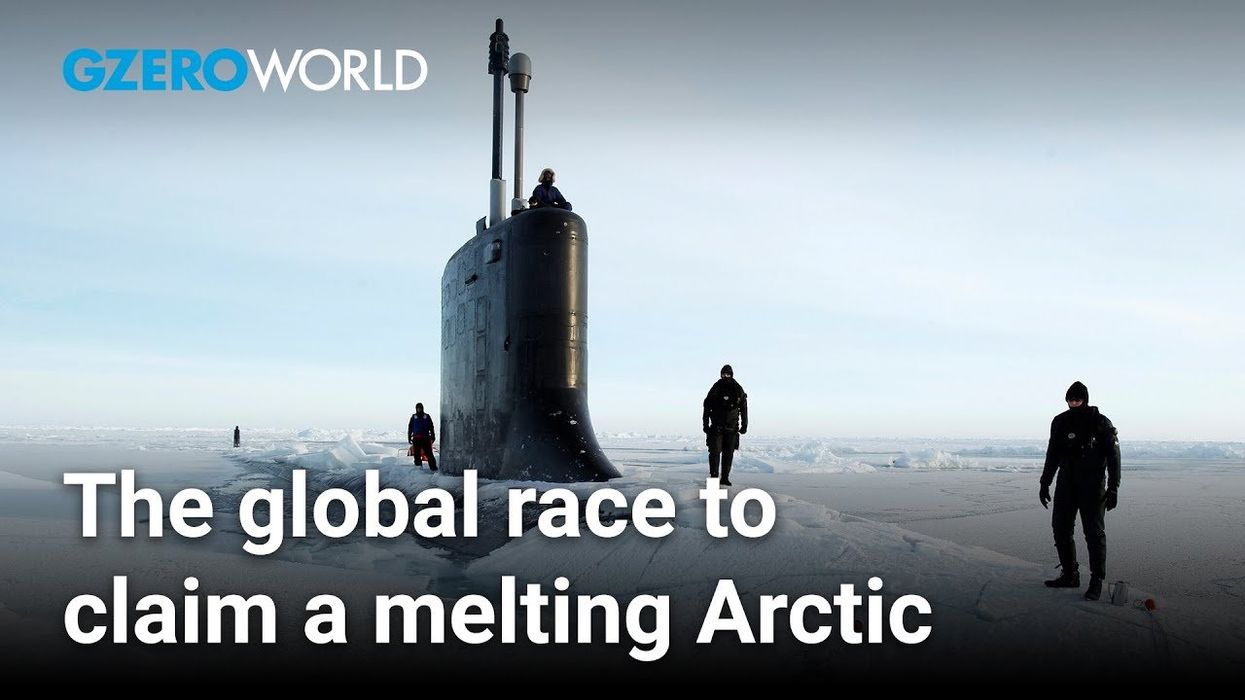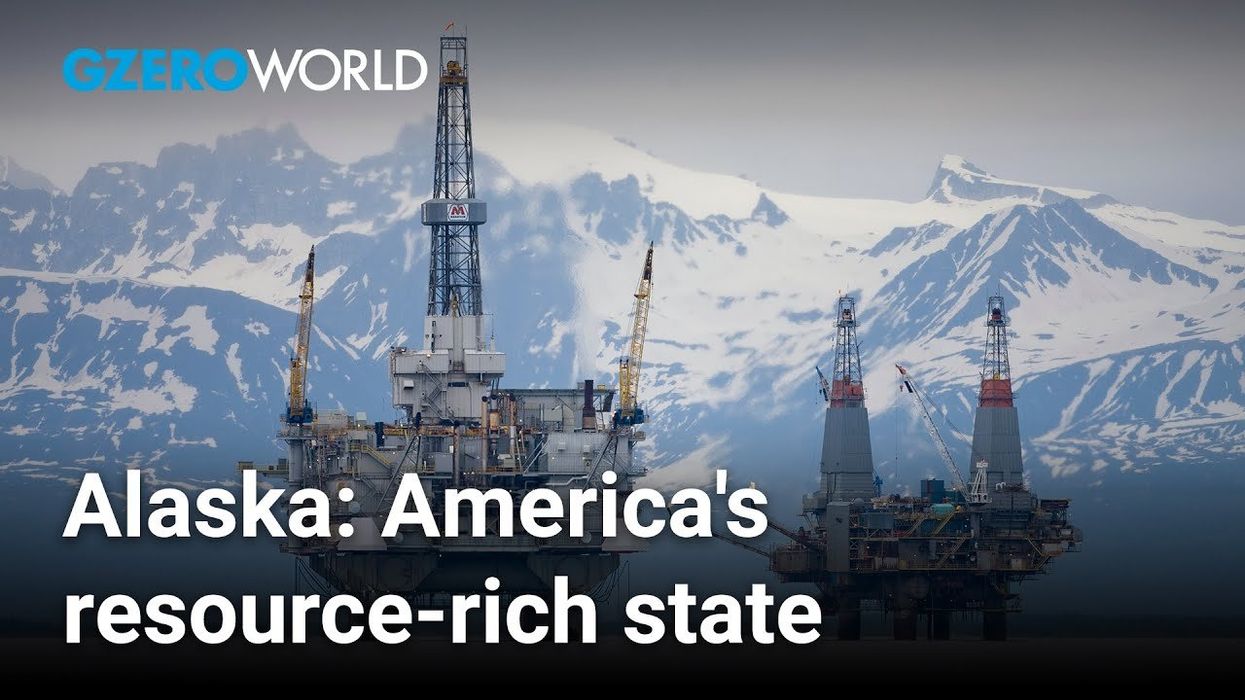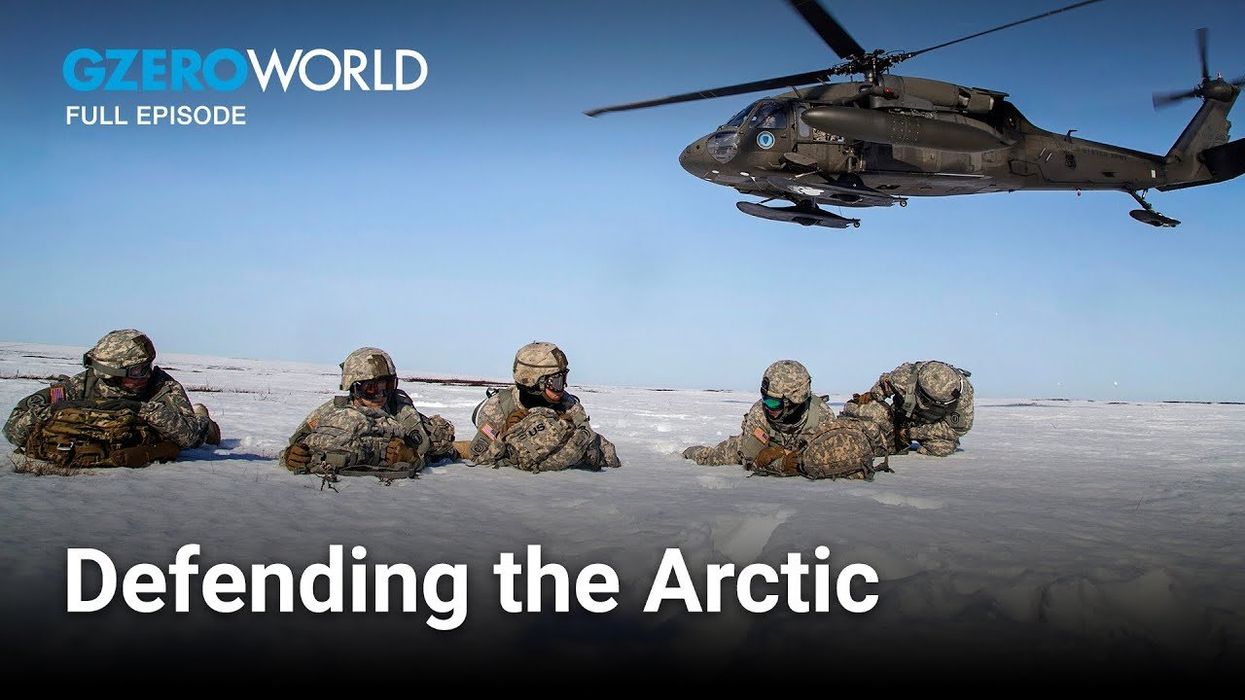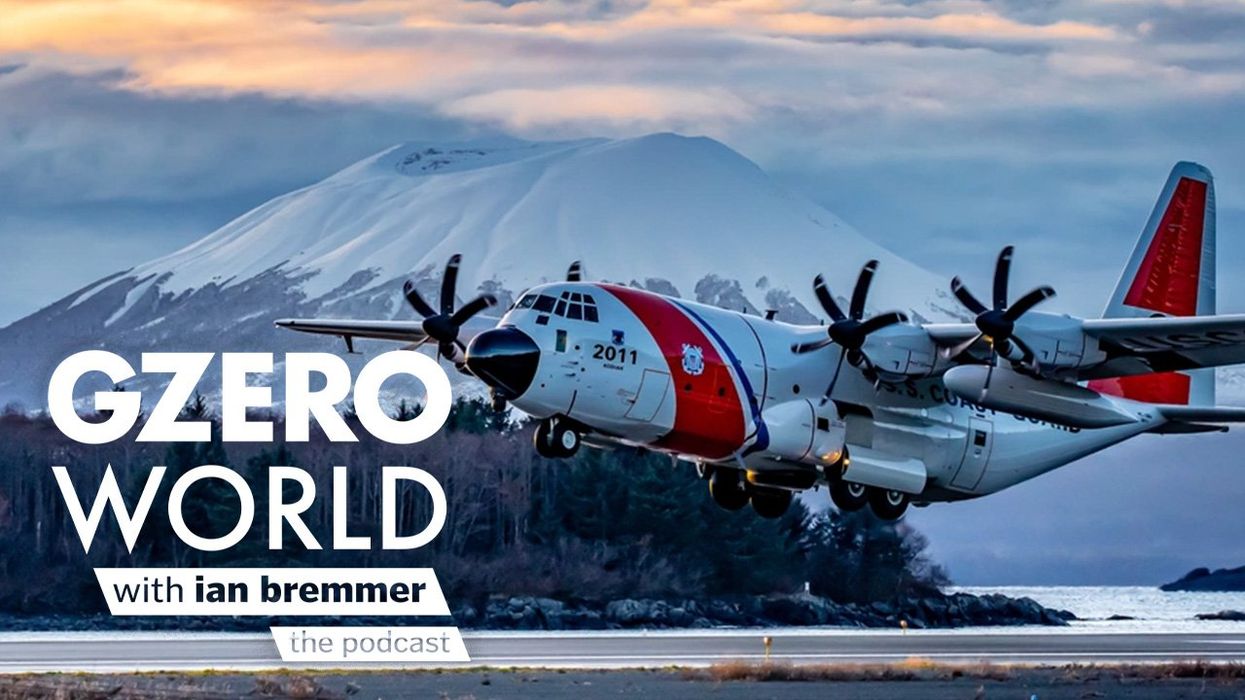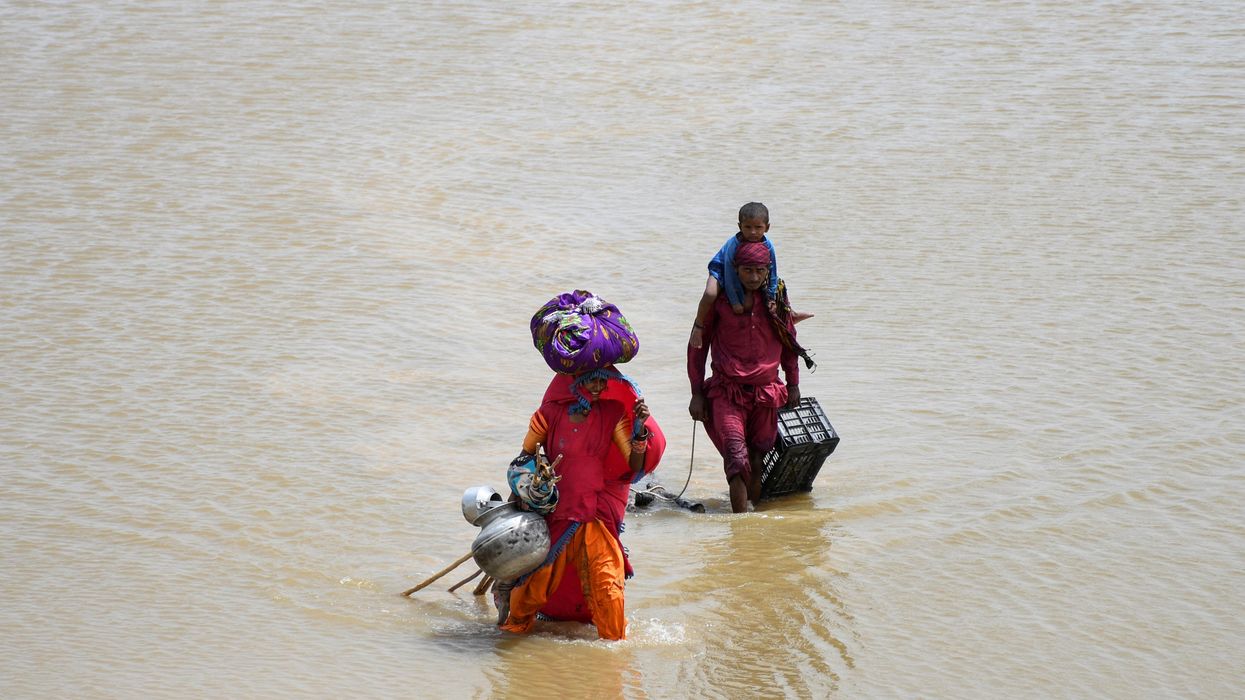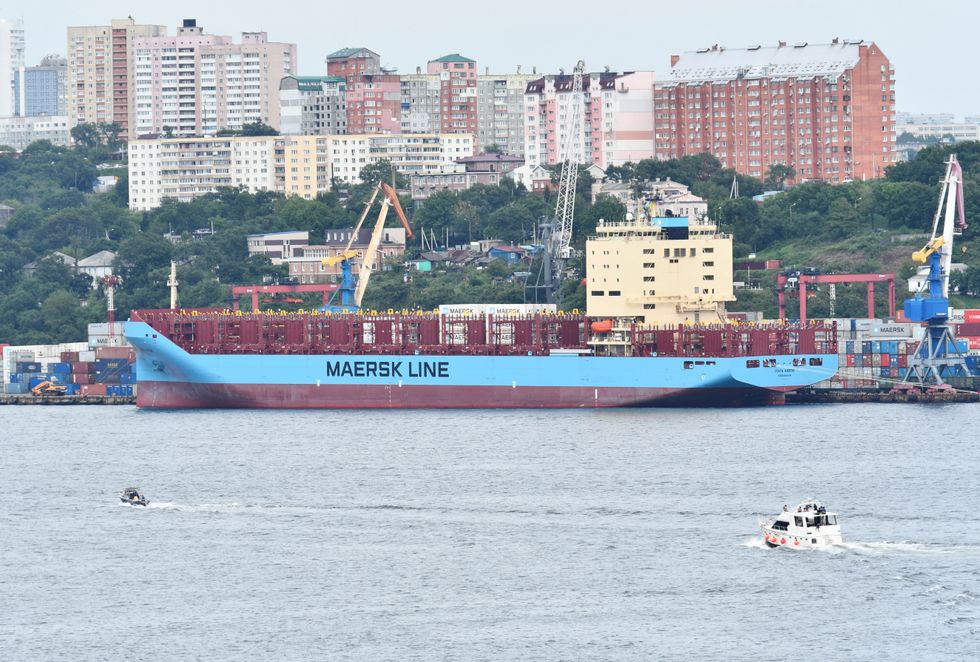GZERO World Clips
As the Arctic melts, geopolitics heats up
Governor Mike Dunleavy on Alaska's role in the global race to claim the Arctic Circle as melting ice opens up new opportunities for resource extraction, trade routes, and military operations.
Aug 15, 2024
